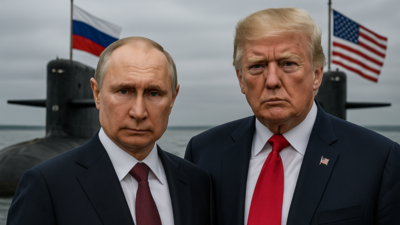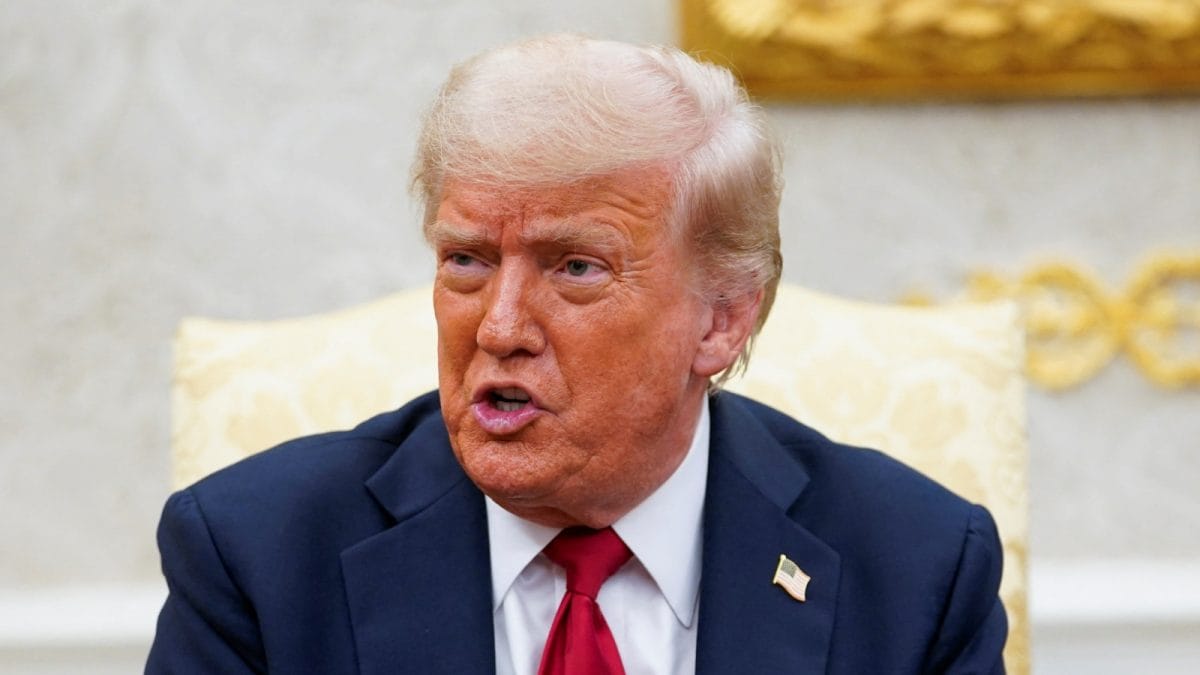ARTICLE AD BOX

Russia on Monday announced it no longer considers itself bound by the 1987 Intermediate-Range Nuclear Forces (INF) Treaty, blaming “the actions of Western countries” for creating a “direct threat” to its security.
In a statement reported by RT, the Russian Foreign ministry said the conditions for maintaining the treaty had “disappeared,” and that the country is no longer observing its previous self-imposed restrictions.“The Russian foreign ministry notes the disappearance of conditions for maintaining the unilateral moratorium on the deployment of similar weapons and is authorized to state that Russia no longer considers itself bound by the corresponding self-imposed restrictions previously adopted,” the statement read.
The ministry added that US activity, including the deployment of a Typhon missile launcher in the Philippines and missile firings during the Talisman Sabre exercise in Australia, was a key factor behind the decision.The INF Treaty, signed in 1987, banned ground-launched missiles with ranges between 500 and 5,500 kilometres. It collapsed in 2019 when the United States withdrew from it, citing Russian violations.
Moscow has rejected those allegations and in turn accused the US of developing missiles prohibited under the pact. President Vladimir Putin warned the collapse of the treaty would “significantly erode the global security framework.
”The announcement comes amid heightened tensions between Washington and Moscow. On Friday, US President Donald Trump said he had ordered the deployment of two nuclear submarines “in appropriate regions” following what he described as “highly provocative comments” by former Russian President Dmitry Medvedev.
Trump did not clarify whether the submarines were nuclear-powered or nuclear-armed, nor did he disclose their location.“Russia is very attentive to the topic of nuclear non-proliferation. And we believe that everyone should be very, very cautious with nuclear rhetoric,” Kremlin spokesman Dmitry Peskov told reporters on Monday, as quoted by AFP.The dispute followed Trump’s ultimatum for Russia to end its military offensive in Ukraine or face sweeping new sanctions. Medvedev responded sharply, saying: “Each new ultimatum is a threat and a step towards war. Not between Russia and Ukraine, but with his own country.” Trump later told Newsmax: “When you talk about nuclear, we have to be prepared… and we’re totally prepared.”With Trump’s special envoy Steve Witkoff expected in Moscow this week ahead of the president’s August 9 deadline, the fallout from Russia’s treaty withdrawal may further strain already fragile diplomatic efforts.



.png)
.png)
.png)
















 2 hours ago
5
2 hours ago
5









 English (US) ·
English (US) ·